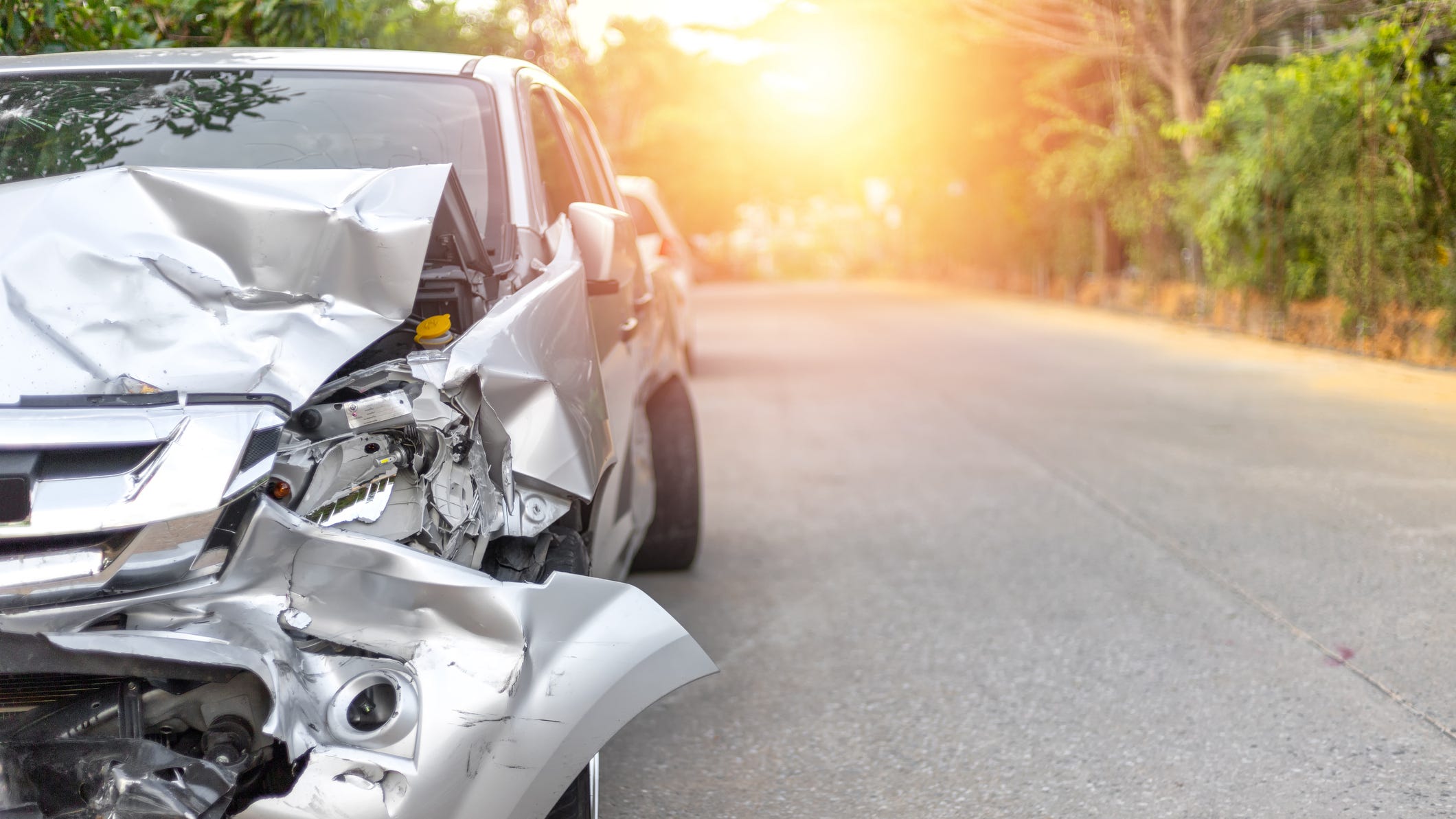You have just had a car accident, and you’re understandably shaken up. Maybe you’re injured, maybe not, but it’s an emotional and anxiety producing experience. It’s important to make smart choices right from the moment of the accident. You’ve undoubtedly heard all of the common sense advice about remaining calm, not volunteering information or admitting guilt, and taking safety precautions at the scene of the accident. Here are a few more things to consider.
Social Media Use
Many of us supply detailed reportage of our personal lives for social media consumption. A car accident is certainly a newsworthy event, and many people feel they should post photos and video from the scene of the accident. If you’re the type that does this sort of thing, remember to avoid using accompanying language like “this jerk,” or “he must be drunk.” Avoid descriptive language of the other driver entirely just in case the episode goes to litigation. Absolutely do not attempt to take the other driver’s picture and post it. You’ll do yourself a favor by appearing neutral and calm in whatever social media posts you make, especially if the other side’s legal counsel decides to seize your posts for trial evidence. Photo-document all you want. Just be smart about your posts and you can read more social media accident tips on this post here.
Repairing Your Car
If the other driver has admitted responsibility and you have the go-ahead from your insurance company, there’s no reason not to proceed with repairs. If the accident was your fault, you have a decision to make. Your insurance will cover the repair, but it will go on your record, and may increase your premiums. If the repair cost is going to be less than your deductible, obviously you would choose to pay out of pocket rather than file a claim. If the repair is going to be little bit more than your deductible, you still might want to choose this route. Your insurance company will have recommended auto body shops with whom they normally work, but you can have the repairs done at any shop you choose. Before accepting insurance payouts, you should know how to determine your car accident claim value.
Should I Call The Police?
You are not legally required to report minor accidents to the police, but you may want to anyway. By generating a police report, you create a piece of evidence that is admissible in court, and you organize pertinent facts into a single document. Most of the time, you can get a sense of how reasonable the other driver is going to be when you talk to them at the scene. But reasonable attitudes sometimes disappear after the other driver talks to friends, relatives, or an attorney. Cover your bases. take plenty of photos, and if there is the slightest indication that the event may later turn confrontational, do call the police and generate a report.
Lawyer up?
Sometimes car accidents become contentious, to the point where legal representation is called for. Your insurance company has a legal team, and they may be of help. But at some point, insurance companies tend to call the incident closed, and from that point, you’re on your own if you want to pursue further action. You may want to retain legal representation if:
- The accident results in serious injury or death.
- You anticipate significant medical expenses.
- You will need to miss work or have reduced earning ability.
- Your insurance company has obtained an unacceptably low settlement.
- You seek punitive damages because the other driver was reckless or malicious.
- The other driver has retained legal counsel.
A car accident is a very unpleasant experience, but you can get through it with minimal aggravation by making good choices throughout the process. Take the advice of your insurance company, and seek additional advice from a legal expert if you feel like you need it.
